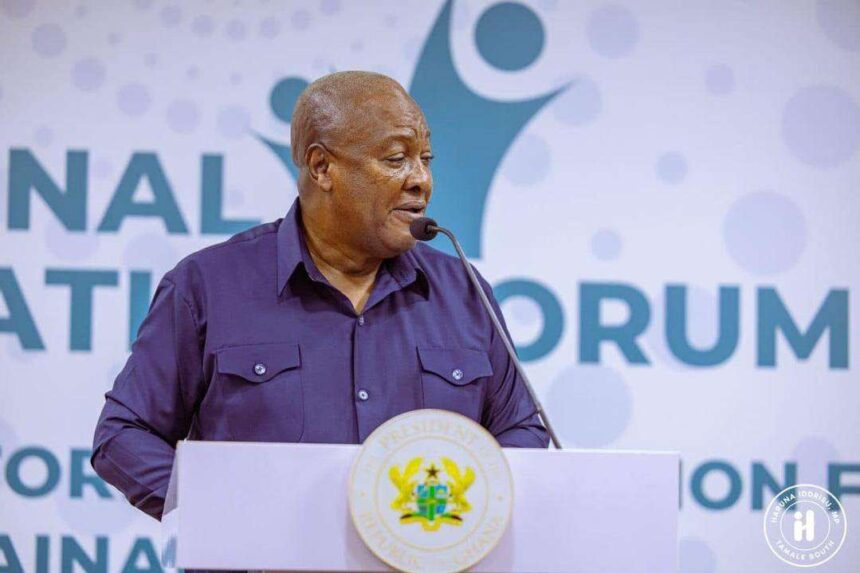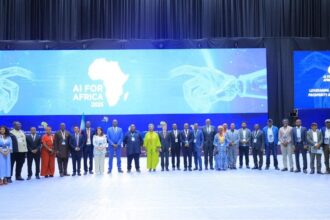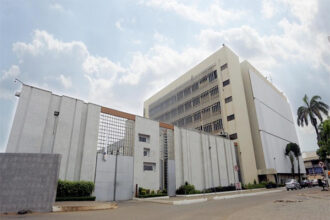Former President John Dramani Mahama has highlighted the critical importance of the Ghana Education Trust Fund and its recent financial challenges.
Speaking at the Academic City University College, he emphasized the significance of collaboration among stakeholders to ensure the GETFund effectively supports students and educational institutions in both private and public schools.
Mahama emphasized that human capital development is vital for national progress. Without quality education, Ghana’s abundant natural resources, such as land, sea, minerals, and forests, may remain untapped or lead to adverse environmental and socio-economic consequences.
He stressed the need for optimal quality education that equips students with the necessary skills to meet society’s needs. Education serves as a great equalizer, but poor-quality education can widen the gap between the rich and the poor.
To promote equality, the NDC has consistently prioritized investment in education, leading to the establishment of the Ghana Education Trust Fund as a supplementary financial source for education.
Challenges Faced by the GET Fund:
John Dramani Mahama expressed regret that the GETFund has faced significant financial setbacks recently. He urged collaborative efforts to revitalize the fund and provide necessary financial assistance to students and educational institutions across the country.
Looking towards the future, Mahama stressed the importance of preparing the next generation for the digital revolution. He emphasized the need to equip students with critical thinking skills, creativity, and innovation to solve problems effectively.
The NDC’s ICT Revolution Plan:
To achieve this goal, the NDC aims to partner with the private sector to invest three billion dollars in an integrated ICT infrastructure, including advanced fiber optics technology and electronic applications.
This substantial investment in ICT infrastructure will harness the power of 5G technology to drive communication, commerce, civil liberties, and individual expression.
Moreover, the initiative will support key national priorities in health, education, agriculture, petroleum, and the power sectors.
The ICT revolution seeks to enhance governance, transparency, and accessibility, making service delivery more efficient for Ghanaians. It also aims to modernize industries, improve network security, and create numerous sustainable job opportunities in the value chain.









